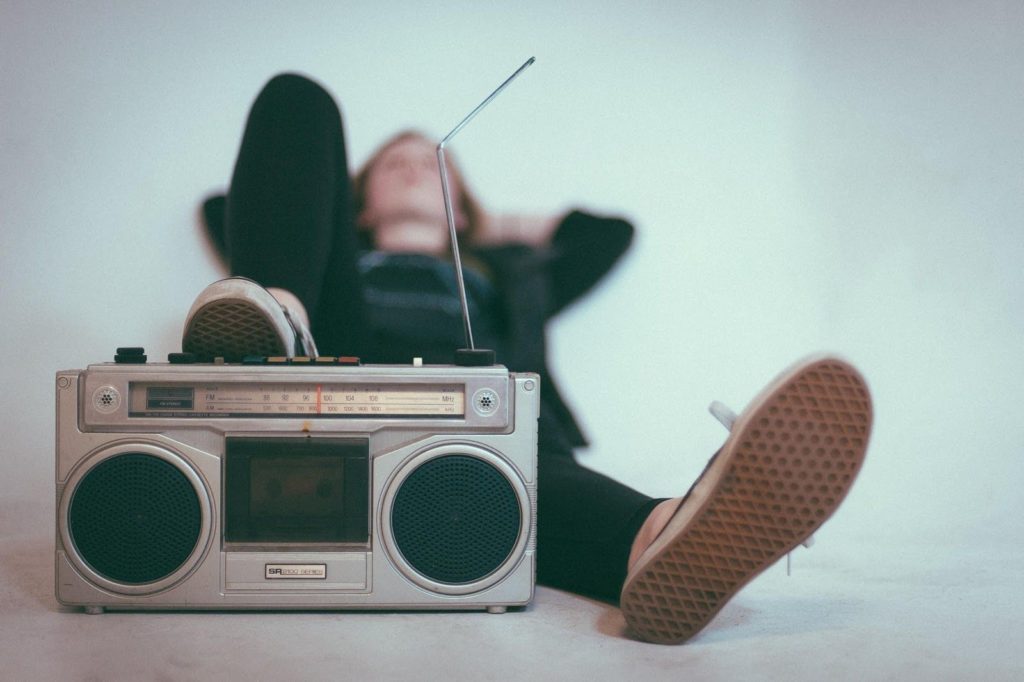Music Therapy and ADHD: Can it Really Help
Updated on May 11, 2021A guest post by Charles Carpenter, founder of Healing Sounds. Charles believes in the power of music and sound as a healing tool.

Music therapy can help people with a wide variety of health conditions, from children on the autism spectrum to seniors with Alzheimer’s disease. It may be used to soothe mothers in labor, calm people in addiction recovery, and ease the symptoms of chronic pain. What exactly is music therapy? According to the American Music Therapy Association, music therapy is “the clinical and evidence-based use of music interventions to accomplish individualized goals” and to “address physical, emotional, cognitive, and social needs of individuals.”
Music therapy can involve playing, creating, or listening to music. Talent isn’t required to benefit from music therapy, nor is music therapy limited to a specific style of music.
How Can Music Therapy Benefit Children with ADHD?
Music therapy isn’t a replacement for traditional ADHD treatments, but it can be a highly effective complement. Music can increase attention and focus, reduce hyperactivity, and improve your child’s self-esteem. Here’s how it works:
- It provides structure. Kids with ADHD have a hard time keeping their brains on track. The timed beats and clear beginning and end of music creates structure that helps your child’s brain stay on a linear path.
- It boosts dopamine. The neurotransmitter dopamine is responsible for regulating working memory, learning, attention, and motivation. Unsurprisingly, it’s in short supply in the brains of kids with ADHD. In fact, the reason stimulants are commonly prescribed to treat ADHD is because they increase dopamine levels. Music, too, boosts dopamine — 100 percent side-effect-free.
- It relieves anxiety. Is your kid constantly fidgeting or acting out in class? This might be a sign of anxiety, a common issue in people with ADHD. The calming nature of music soothes nerves and make it easier to focus.
- It improves social skills. Playing music with other children is a wonderful way for your child to gain confidence in his interactions with others. In a group music class, he’ll learn how to read musical cues to know when to chime in — a skill that’s equally helpful in social settings. Plus, self-expression is excellent for building self-esteem.
How Can Parents Incorporate Music Therapy into Everyday Life?
While children with ADHD can benefit from sessions with a certified music therapist, it’s not the only way to incorporate music therapy into their lives. Here are a few ways you can use the science behind music therapy to make everyday life easier for you and your child:
- Use music as background noise, not the TV. Kids with ADHD have a hard time tuning out distractions. When you need your child to focus, turn off the television and play rhythmic instrumental music instead.
- Make up task-focused songs. Does your child struggle with multi-step instructions? Perhaps you tell him to brush his teeth, get dressed, and pack his backpack, but by the time step one is over he’s forgotten what comes next. By singing along to songs describing routines, you can keep him on track.
- Enroll in music lessons. Playing an instrument strengthens your child’s brain and is a powerful tool for self-soothing. According to ADDitude, the best instruments are ones played standing up, like the clarinet, trumpet, or saxophone, so your child can move around as he plays. Buy the right trumpet and find an instructor who understands the unique challenges of ADHD.
- Let him fidget. Your kid’s nonstop squirming may drive you crazy, but he probably doesn’t even notice he’s doing it. By playing music when your child needs to focus, he can tap his feet or bop his head to the tune while keeping his attention on the task at hand.
- Use playlists to elicit moods. While soothing tunes are great for winding down before bed, busy mornings call for something more upbeat. Experiment with different types of music to discover what works best for your child, then create playlists so you’re not actively playing DJ all the time.
Since it doesn’t feel like therapy, it’s easy to get kids enthusiastic about music therapy. After all, what child doesn’t love learning a new sing-along or bopping to a favorite tune? By finding fun ways to incorporate music into everyday life, you can ease your child’s ADHD symptoms and unlock his true potential.
Get peace of mind from AngelSense, the groundbreaking AI-based assistive technology designed to enhance safety and peace of mind for individuals with special needs and their families. Our solution ensures you stay connected with your loved ones, empowering a higher level of independence while maintaining safety. Learn more about how AngelSense can make a difference for your family.

